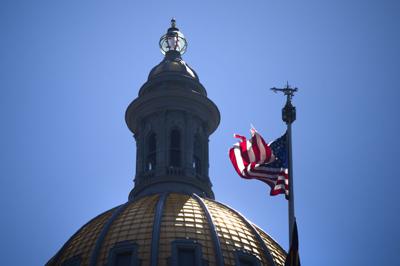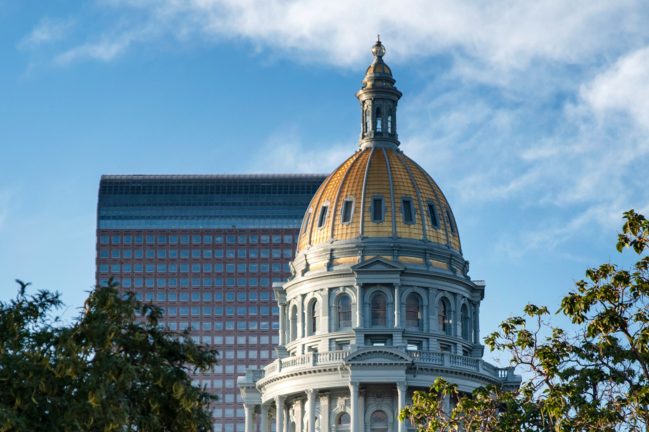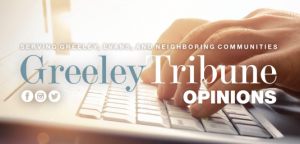By Sen. Rob Woodward
If there is one thing that I’ve learned during my time in state government, it’s that Coloradans like to have their voices heard on taxes, fees and government debt. The Taxpayer Bill of Rights (TABOR) is often at the center of debate and discussion on these issues, but at every opportunity that voters have had, they’ve repeatedly upheld TABOR.
Colorado voters soundly defeated — by over 100,000 votes — an attempt to repeal portions of TABOR just two years ago when we voted down Proposition CC. Then, in 2020, voters strengthened TABOR by passing Proposition 117, which required that any new fees that feed into a government enterprise that expect to bring in over $100 million over five years must be voted on by the people. This initiative was born from necessity as some politicians found it convenient to bypass TABOR by simply switching out the term “tax” for “fee.”
This legislative session, Democrats, who have complete control over state government, were determined to not let you have a say when it comes to taxes and fees. Colorado Public Radio columnist Andrew Kenney dubbed this legislative session as “The Year Democrats Left TABOR Behind,” and I unfortunately must agree.





